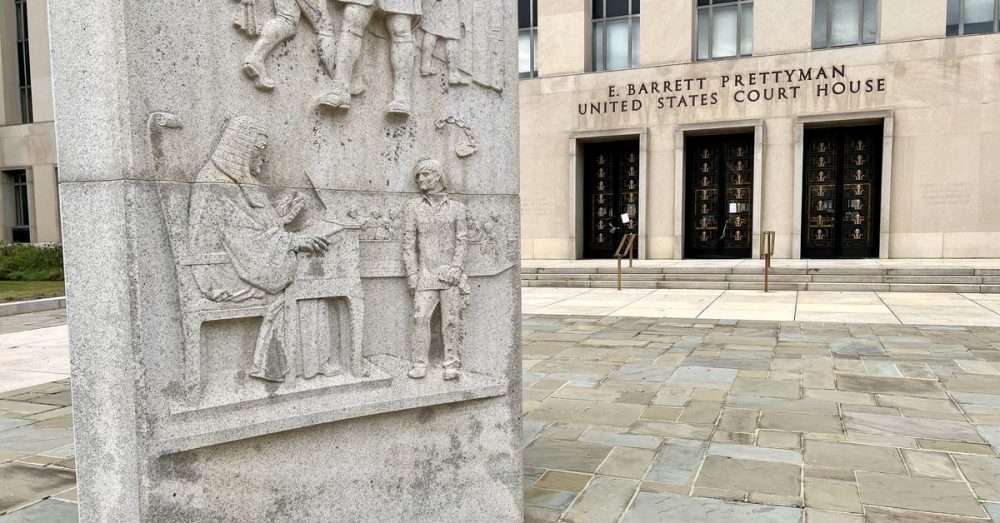WASHINGTON, D.C. – A U.S. judge declined to order Binance.US to make its executives more available for depositions, or for the U.S. Securities and Exchange Commission (SEC) to back down in its demands for more documents during a hearing Monday.
Rather, Magistrate Judge Zia Faruqui urged the two parties to work on the various discovery requests together, asking the SEC to narrow its request for information but allowing it to depose certain shard holders to establish whether Binance.US’s funds are safe. The crypto exchange, a branch of the global Binance entity, should share more information about its relationship with Ceffu, its service provider, he said.
“I’m not going to order from the bench right now that they produce or not produce things. Let’s continue to try to work this out,” he said. “I just want to keep things moving.”
At the heart of the SEC’s argument is a concern that Ceffu is far more closely related to Binance Holdings Limited, its global entity, than is permitted by a mutually agreed upon order requiring Binance.US and its parent company BAM Trading to keep all U.S. customer funds in wallets accessible only by U.S. personnel.
Matthew Martens, an attorney with Wilmer Hale representing Binance.US, said the regulator’s requests for documents were so broad it would be impossible to produce them. “Chasing down exactly how that software works is neither here nor there,” he said.
The judge said Binance needs to provide more information about its current custody solution: “I think we need more than we’ve got right now,” adding as an aside that he wasn’t “super confident that BAM has total control of their assets.”
SEC attorney Jennifer Farer said part of the issue is “we don’t know what we don’t know,” in arguing that the regulator needed large amounts of information about Binance.US’ new wallet arrangement.
“That is foolishness. It’s not serious litigation,” Martens said later on in the hearing.
In June, the SEC sued Binance and founder Changpeng “CZ” Zhao, accusing them of running an unlicensed securities exchange. Since then, the regulator has been working to ensure that assets from U.S. customers would stay in the U.S.





